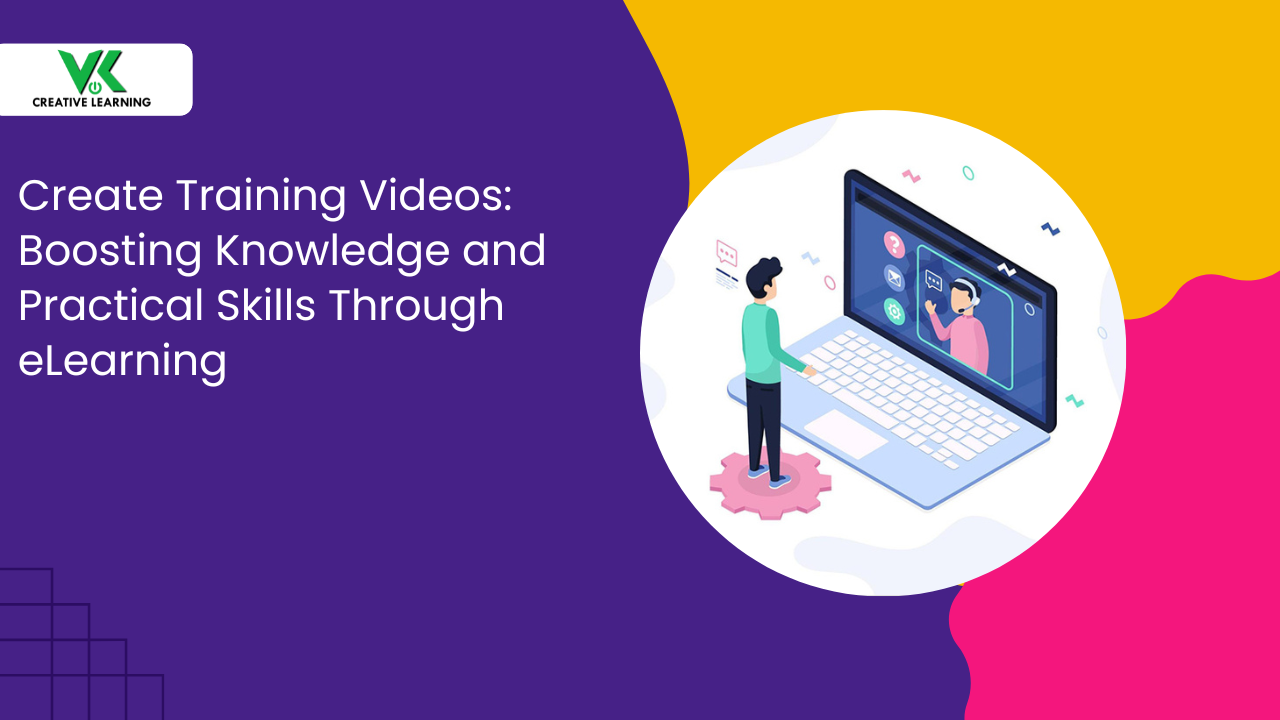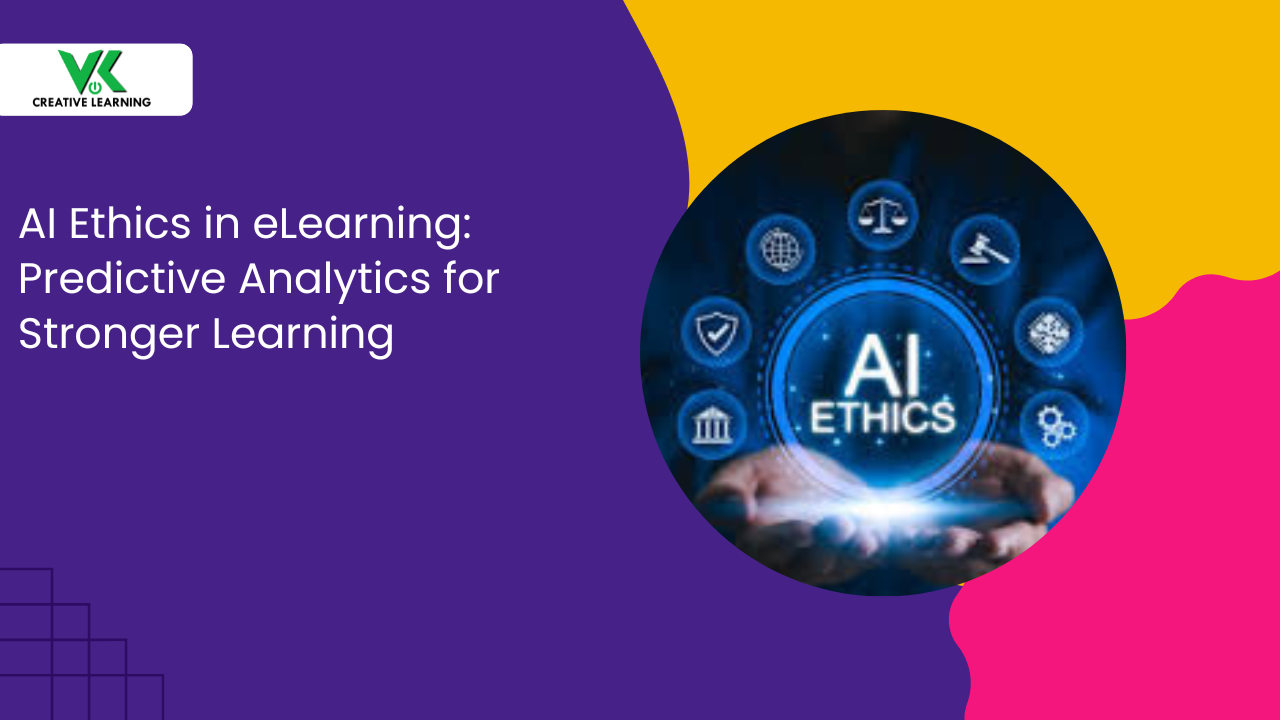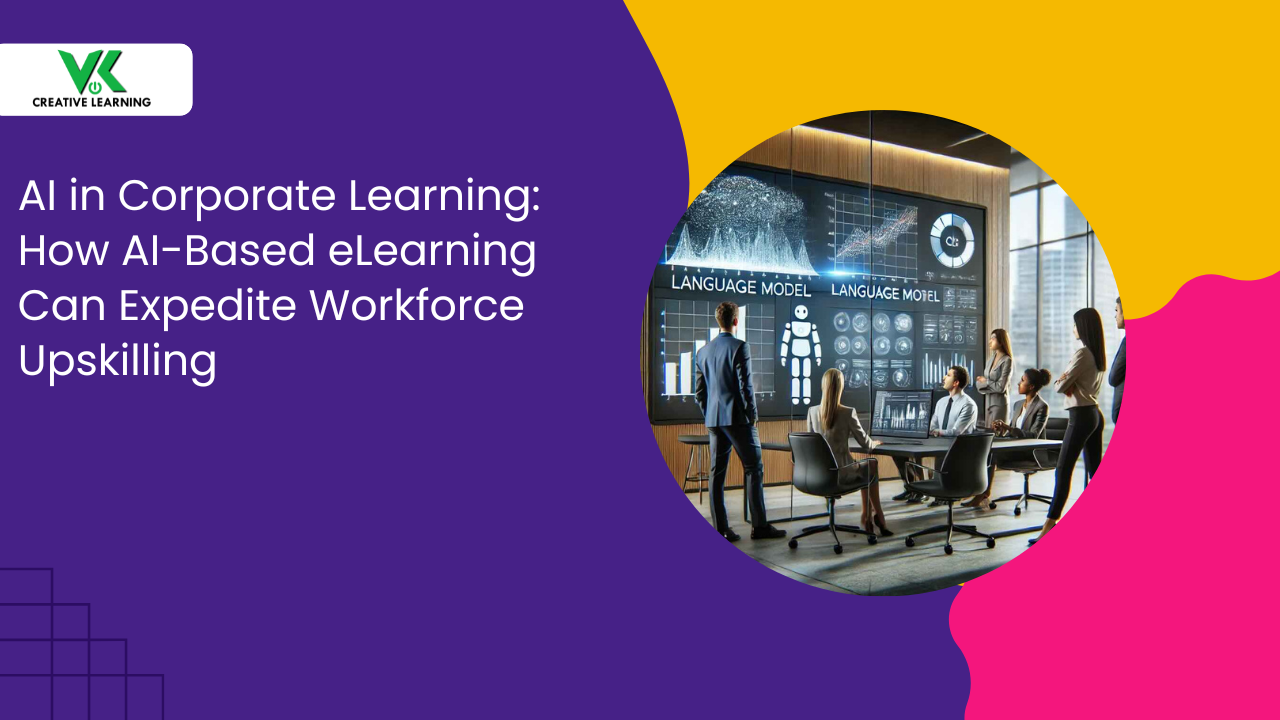Cloud-Based LMS: The Future of Streamlined eLearning
July 10, 2024
Traditional online platforms offer a variety of conveniences but can pose limitations that can possibly turn into a stumbling block for providing breezy learning experiences. On the other hand, a cloud-based LMS eLearning system can help to overcome the learning barriers that an ordinary online system offers. We shall discuss more about cloud-based LMS eLearning systems in the subsequent sections.
Details of Multiple Problems Posed by Traditional eLearning System
To understand the problematic scenario owing to conventional online systems, let us suppose that a company utilizes an online system that makes use of certain software in order to access course materials. However, in such cases, employees who have different types or brands of laptops or may have outdated operating systems might be left in a lurch as they cannot access the course since the system requirements may not be met. In other words, limited accessibility may become as one of the big roadblocks when it comes to traditional eLearning.
Another possible hurdle that may hinder training on a regular basis is the issue pertaining to scalability. Elaborately put, as when a company starts achieving growth over a period of time, its need to train employees on a frequent basis may become necessary.
In such scenarios, an online system running a run-of-the-mill type or old type of LMS (Learning Management System) system might certainly struggle as it may not be possible to accommodate multiple trainings at one time. The reasons can be: due to the expansion of the company business, there would be a sudden influx of new employees and training may not be possible for all of them at a given time.
To illustrate this situation let us consider an example: Imagine that a small startup decides to incorporate an eLearning platform for its small team of about 20 employees. A couple of years later, suppose, it experiences considerable growth in business and hence, recruits 100 more employees. This implies that it needs to ramp up its training sessions as there is a wider range of mentoring sessions and the necessity of teaching new technologies.
However, given that, the firm is still stuck with older or outdated types of eLearning systems, it may not be able to train so many employees quickly and hence this may derail its growth prospects as well as future expansion plans.
The problem with the traditional mode of online mode doesn't stop over there as the burden of growing IT resources cannot be ignored. This is especially true when it comes to the cost of installation of new software -- even upgradation, or hardware devices; including the maintenance aspect of LMS software.
Furthermore, the security needs cannot be disregarded as neglecting the same may lead to potential security protection risks. Additionally, training materials or employees' data can get impacted when there are data breaches or even failures of hardware systems.
So considering all these factors, what can be the workable and long-lasting solution? The answer is cloud-based LMS that can turn into a compelling alternative and address the above issues. One of the best aspects of cloud-based LMS systems is that remote servers are put into use to store valuable data and applications, and importantly, they can be accessed from anywhere and anytime -- all one needs is just an internet connection.
This serves as a big boon irrespective of the location or device and the need for any kind of specific software installations and hardware resources is eliminated -- ensuring easy distribution of learning materials to all employees, located at any place in the globe.
This also frees up available IT resources for other essential tasks such as security measures or for new business ideas, and importantly, it demands minimal maintenance.
Cloud-Based LMS eLearning Platform - A Quick Overview:
Without setting up big and heavy servers/devices, there can be a library that transcends physical boundaries/locations, where books, important articles, and a vast sea of knowledge are available from any part of the globe -- and, guess what, that is possible through cloud-based LMS eLearning platform.
As the tech-savvy guys refer to it, this facility is a Software-as-a-Service (SaaS) LMS, which has plenty to offer to all kinds of learners. Present in the wider expanse of the internet rather than in some dimly lit server room, it brings huge resources of knowledge to the learner's fingertips. The best part is that it requires no physical device or heavy installations and hence, it comes with no strings attached as far as a company's budget and logistics are concerned.
Addressing Multiple Challenges Related to Traditional Training with Cloud-Based LMS
Without any compromises, Cloud-based LMS can overcome many types of learning barriers that usual methodologies present in the following ways:
Improved Accessibility:
Think of a working professional -- Sarah, sipping her latte in some cozy coffee shop. With a few clicks on her smartphone, she is able to get hold of valuable information related to project management theories -- courtesy of cloud-based LMS access. Thus, she has easy and smooth reach to her course content without carrying any heavy textbooks or bags filled with some training materials or manuals.
Importantly, traditional learning ecosystems are no longer the only means for training as through cloud-based LMS platforms, learners can get an instant hold of the learning ebooks they need -- from a bustling airport or during a long commute.
Enhanced Scalability: Let us suppose that there is a university or a firm with limited people. Suddenly, the number surges up and training is not as simple as it was earlier. But no more panic time as cloud infrastructure can come to the rescue and accommodate thousands of learners at once.
Thus, be it a corporation or a university, any entity can afford to address the sudden spike in the knowledge seekers' volume with the virtual omnipresent platform.
Reduced Maintenance and Costs: The recurring maintenance tasks and the cost of keeping some IT wizards to take care of the server room do not go easy on the pockets of the firms/universities. But the digital cloud-based LMS eLearning infrastructure has a different script and removes the Herculean tasks to upkeep the servers that companies/educational institutes have to shoulder and bear a heavy expenditure. So all entities in training and teaching can focus on enriching the quality of knowledge provided rather than on regular maintenance.
Increased Data Security: Cloud-based service providers are well aware of the fact that just like gold, data is precious in the current digital era where information can be accessed with some mouse clicks or pressing some buttons on a keyboard. This means the security has to be tight with features such as encryption of essential information, firewalls to shield vital data, and audits on a regular basis to keep virus threats at bay. This becomes possible with cloud secured vault where records are protected like some valuable crown jewels.
For example: A company conducts corporate training programs regularly with the confidence that employees’ records are kept safe in the cloud-based LMS systems as if some highly precious gems are protected.Conclusion
Cloud-based LMS infrastructure can not only provide instant access to the learning materials but can also help to cut down unnecessary logistics costs for educational institutes and companies.
If your company is keen on incorporating cloud-based LMS systems in the eLearning system, then you can get in touch with VK Creative Learning.




